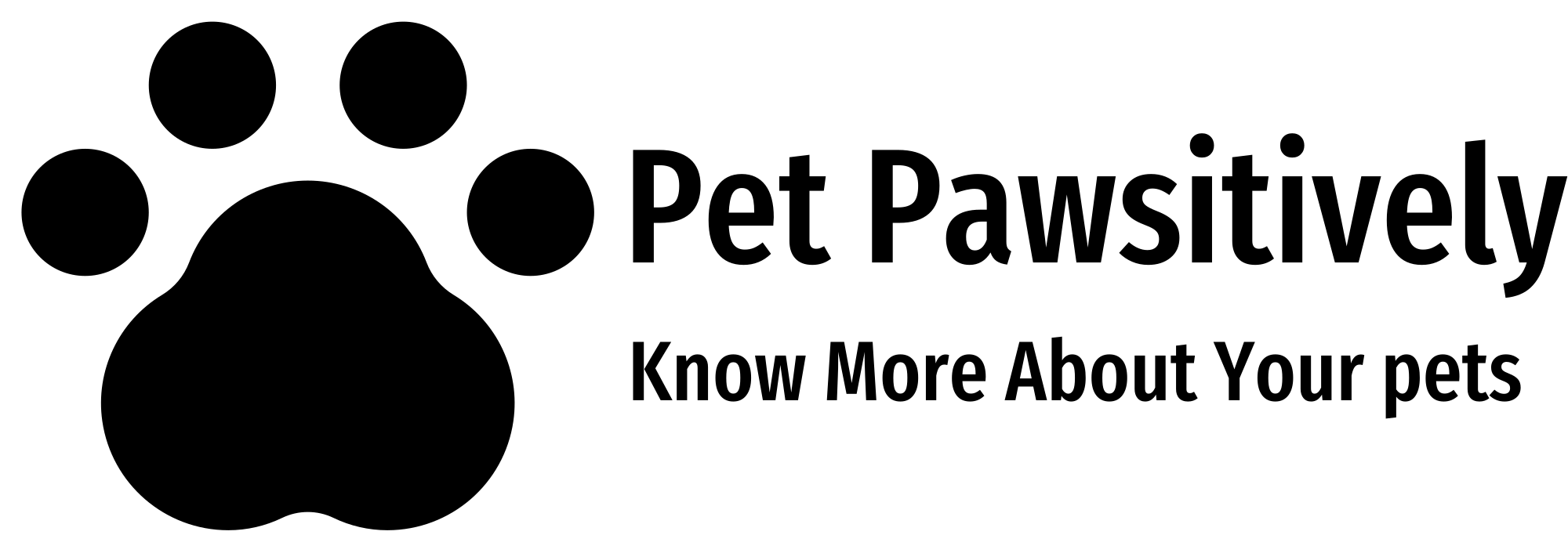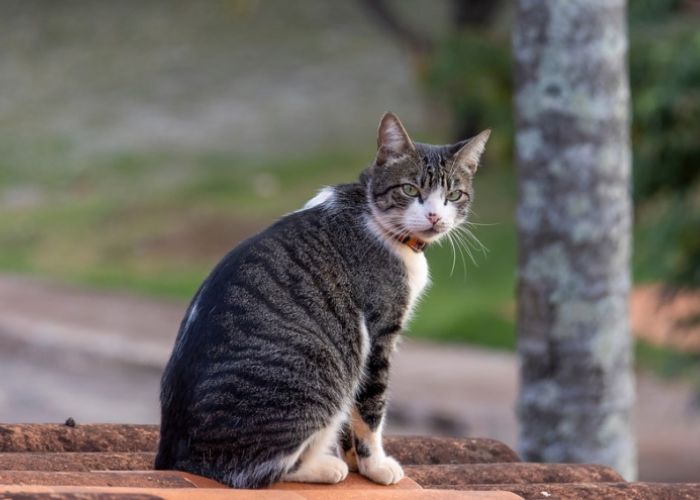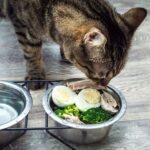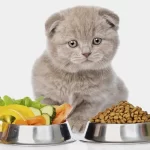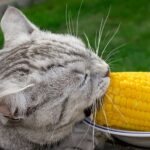Having a feline friend means prioritizing your cat’s nutritional needs above all else. Cats, being obligate carnivores, require the nutrients found mostly in meat to stay alive. As cat owners, we hear the question about felines eating human food all the time. Can cats eat cheese without getting sick? I’ve heard that question before. Cats have certain nutritional needs, and this article will go over those needs as well as the benefits and drawbacks of feeding your cat cheese. Let’s read below “Can Cats Eat Cheese?”.
Understanding Feline Nutrition
Before we can answer the question of whether cats can eat cheese, we need to know what cats need in their diet. Cats, in contrast to humans and other animals, have unique nutritional needs.
1. Protein
Protein should be a staple in any cat’s diet. Because of their status as obligate carnivores, cats can only obtain the protein they require from meat. Proteins and their building components, amino acids, are essential for good health in general and for the normal functioning of muscles and the immune system in particular.
2. Fat
Fat should also be included in a cat’s diet. It offers a concentrated source of energy and aids in the absorption of fat-soluble vitamins. Essential fatty acids, such as omega-3 and omega-6, are also necessary for a healthy coat and skin.
3. Taurine
The amino acid taurine is essential for the survival of cats. Cats, in contrast to many other animals, cannot produce enough taurine in their bodies and must obtain it through food. When it comes to cats, taurine is highly important for their heart, eyes, and reproductive system.
4. Vitamins and Minerals
Minerals and vitamins like calcium, phosphorus, vitamin A, and vitamin D are essential for many physiological functions in cats. These nutrients are essential for good health in general, for strong bones, and for a healthy immune system.
Can Cats Eat Cheese?
Can cats eat cheese without getting sick? We need to find the solution to that question immediately. Although cats love cheese, it may not be the healthiest choice for our feline friends. This is the reason:
1. Lactose Intolerance
Cheese and other dairy products contain the sugar lactose. The enzyme lactase is absent in the majority of felines, therefore they are unable to digest it. Cheese sets off a chain reaction of gastrointestinal problems, including vomiting, diarrhea, and abdominal pain, in cats who are unable to digest lactose.
2. High Fat Content
The high fat content of cheese could be problematic for cats, especially those who are already prone to obesity or pancreatitis. Too much fat in cats’ diets can lead to weight gain and gastrointestinal issues, which can worsen their health over time.
3. Salt Content
Some cheeses, particularly processed or flavored varieties, may have an unhealthy quantity of salt. Cats can suffer from dehydration, electrolyte imbalances, and renal problems if they consume an excessive amount of salt.
4. Nutritional Imbalance
Despite its high protein and fat content, cheese is lacking in many essential nutrients that cats need to stay healthy. Because it can lead to nutritional deficiencies and imbalances, a cat’s health could be compromised if cheese is a significant part of their diet.
Alternatives to Cheese
If you’re worried about the caloric intake of your cat, there are several delicious and nutritious cheese substitutes:
1. Lean Meat
Lean, cooked meats such as chicken, turkey, or beef are great treats for feline pals. These meats provide all the necessary nutrients and protein without the risks associated with cheese.
2. Fish
Cooked seafood, such as tuna or salmon, can occasionally be enjoyed by cats in modest portions. However, cats shouldn’t depend on fish as a staple food due to the danger of nutritional imbalances and mercury contamination.
3. Commercial Cat Treats
There is an abundance of commercially available snacks to meet felines’ dietary needs. Use treats made from high-quality ingredients and avoid those that are rich in fillers or artificial additives.
4. Fresh Fruits and Vegetables
Although meat is the primary food for cats, they will occasionally snack on little pieces of fruit and vegetables. Some other good options include pumpkin, broccoli (cooked or raw), and little slices of apple. Fruits and vegetables can supplement a cat’s diet to some extent, but they shouldn’t replace meat.
Conclusion
Finally, while cheese may seem like a harmless treat, it’s better to err on the side of caution when feeding it to your cat. Some cats may experience tummy troubles after consuming cheese due to their lactose sensitivity. Furthermore, cats who regularly eat cheese may be endangering themselves because of the high levels of salt and fat it contains.
Instead of cheese, use lean meats, fish, or commercially available cat snacks to reward your feline friend without putting their health at risk. Make sure the new foods you intend to feed your cat are appropriate for their unique nutritional requirements by consulting your vet. If you prioritize your cat’s well-being, you can enjoy a long and fulfilling life with them. I hope you like reading “Can Cats Eat Cheese?”.

Dr. Katie Lawlor is a seasoned expert in pet care with over 8 years of experience dedicated to enhancing the well-being of pets and their families. As a passionate advocate for animal health, Dr. Lawlor combines her extensive knowledge with a compassionate approach, offering valuable insights and practical advice on pet wellness. Her commitment to improving the lives of pets and their owners is reflected in her engaging content on PetPawsitively .com. Follow Dr. Lawlor’s work and connect with her on Instagram for expert tips and support.
